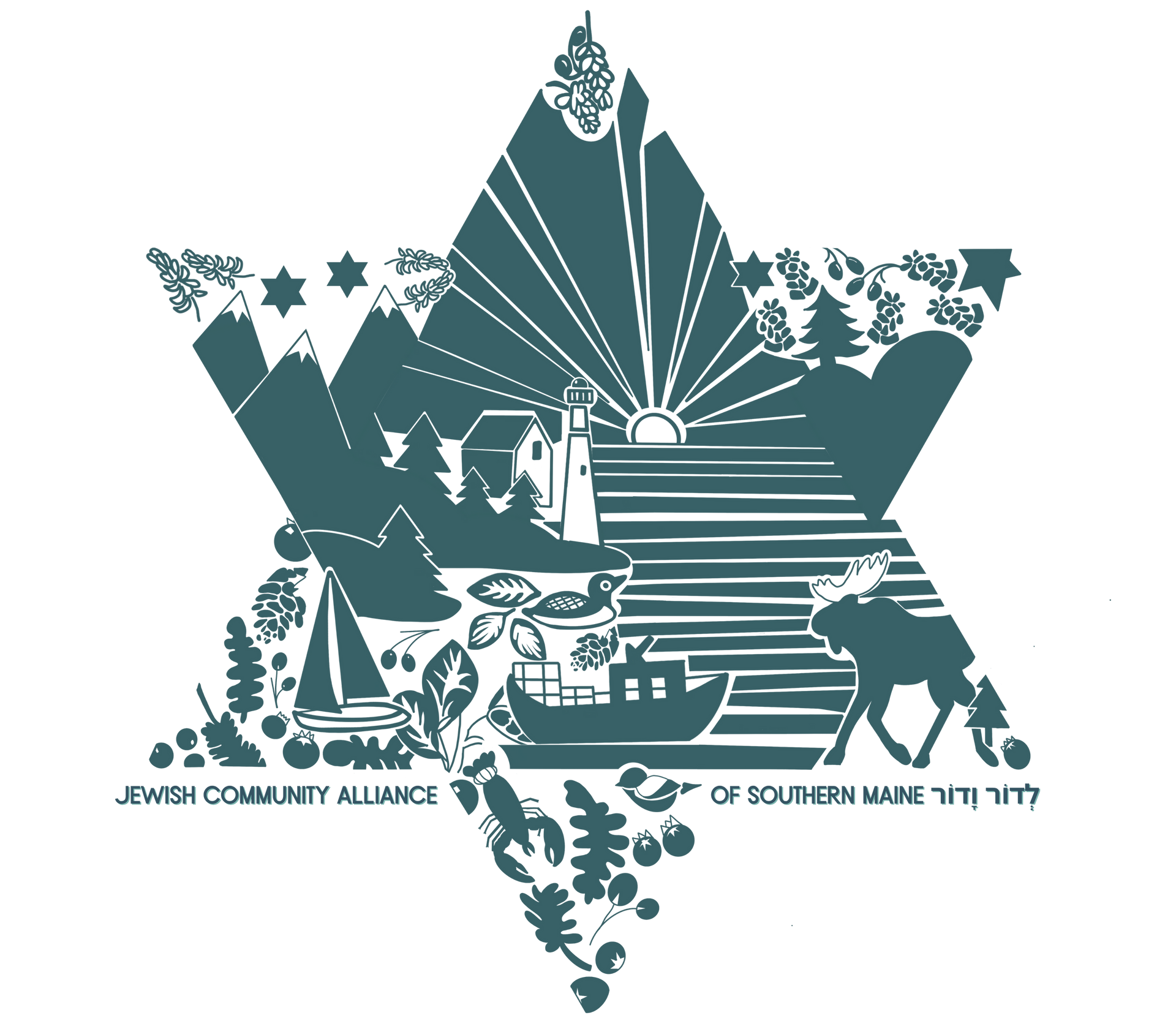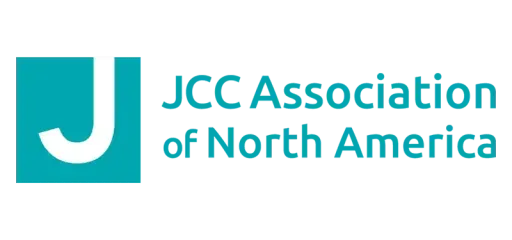What's New in Jewish News This Week
Hundreds of Rabbis Demand Israel Stop ‘Using Starvation as a Weapon of War’ - (The Times of Israel) Hundreds of rabbis in the US and worldwide, including many rabbis here in Maine, have signed a letter calling for Israel to stop using starvation as a “weapon of war,” bring home the hostages, and end the fighting in Gaza. The letter, posted on July 25 and featuring the names of several leading rabbis across denominations, said the “Jewish People face a grave moral crisis…[even as] we recognize, and many of us endure, the huge challenges the State of Israel relentlessly confronts, surrounded for so long by enemies and facing existential threats from many quarters.” The signatories also said they “unequivocally support” Israel’s battle against Hamas and Hezbollah and understand the IDF’s policy of protecting its soldiers’ lives. “But we cannot condone the mass killings of civilians, including a great many women, children and elderly, or the use of starvation as a weapon of war,” the letter stated.
Palestinian Leader Condemns Hamas for Contributing to Hunger Crisis - “Producing mass death from hunger is Hamas’ final play,” Palestinian activist Ahmed Foud Al-Khatib writes in a piece for The Atlantic that both criticizes Hamas for deliberately manufacturing a famine against Gazans and calls upon the Israeli government to flood Gaza with food, in order to lessen the terrorist group’s influence. Al-Khatib states that "if the hunger crisis and humanitarian issues are addressed, Hamas can no longer use the suffering of Gazans to generate an international outcry or use the resultant leverage to end the war on its own terms."
German Media Investigation Exposes Staged and Out-of-Context Photographs of Civilian Suffering in Gaza - A new investigation by German media outlets Süddeutsche Zeitung and BILD reveals that prominent Gaza-based photographers have been staging photos of Gazan civilians for propaganda efforts. While acknowledging the severity of the humanitarian crisis in Gaza, the investigation found that photographers, including Anas Zayed Fteiah, were selectively staging images to “depict chaos and destruction” in order to serve Hamas’s propaganda wing and influence public opinion. One of Fteiah’s photos, depicting starving Gazan women and children desperately brandishing pots and pans to receive food, was published on the cover of the August 1 edition of TIME Magazine. Süddeutsche Zeitung ran a photograph of Fteiah taking the picture, revealing that the pots and pans were held out for the purposes of the photograph, not to receive food. Other photos from the same location showed adult males calmly receiving food.
Israel's Security Cabinet Approves Plan for Israeli Military to Temporarily Take Over Gaza City - (CBS) Prime Minister Benjamin Netanyahu's office announced early Friday morning local time that Israel's Security Cabinet had approved a plan for the Israeli military to take over Gaza City. In a statement, Netanyahu's office said the Israel Defense Forces would prepare to take over Gaza City while providing humanitarian aid to the civilian population outside of combat zones. According to Netanyahu's office, the cabinet adopted five principles for ending the war: the disarmament of Hamas, the return of all hostages both living and dead, the demilitarization of the Gaza Strip, Israeli security control over the Gaza Strip, and the establishment of an alternative civilian government in Gaza that is not led by Hamas or the Palestinian Authority.
19 Former Israel Defense Chiefs Demand End to Gaza War - (The Times of Israel) More than a dozen former senior Israeli security officials issued a joint video message Sunday, August 3, with a call to end the war in Gaza, arguing that Israel has racked up more losses than victories and that the fighting has dragged on for political reasons rather than strategic military need. Among those backing the clip were former prime minister and IDF chief Ehud Barak and former IDF chiefs of staff Moshe Ya’alon and Dan Halutz. The group says that Netanyahu is avoiding agreeing on a permanent end to the war and the return of the 50 hostages still in captivity in order to preserve his coalition, which relies on far-right parties who insist on continuing the war.
Israeli and American Assessments Agree Tehran’s Infrastructure to Finish a Bomb Is Shattered - (The Washington Post) Now that the rhetorical debris has settled from Israel’s 12-day war with Iran, there is growing evidence that Iran’s nuclear program suffered such severe damage that it will be neutered for at least a year, and probably far longer. “Iran is no longer a threshold nuclear state,” one well-informed Israeli source says. This account supports claims by both the Trump administration and Israel that the Iran campaign achieved its objectives.
Jewish Community Remains Most-Targeted Religious Group in FBI’s 2024 Hate Crime Report - (Security Community Network) - The Federal Bureau of Investigation (FBI) released its 2024 Hate Crime Report, confirming the Jewish community remains the most targeted religious group in the United States. The report documents 1,938 anti‑Jewish hate crimes, representing 69 percent of all religiously motivated incidents, up from 67 percent in 2023. Among these incidents were terroristic plots, assault, vandalism, harassment, burglary, false bomb threats, and swatting. The FBI’s report carries added significance in the years following the 07 October Hamas attacks, as anti-Jewish related crimes continue to reach all‑time highs.







